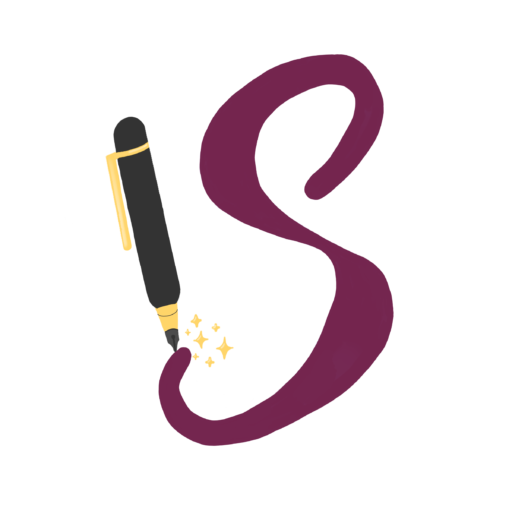Read on if you are interested in activities relating to the construction of settings in fiction works or the production of travel writing as a nonfiction genre.
The setting of any piece of fiction is extremely important and will make a huge difference to the type of work you end up writing. To practice the art of depicting place, start by brainstorming some significant settings which may include or be related to the following…
- holiday locations
- beautiful locations
- light and dark spaces
- otherworldly places
- dangerous places
Once you have your list, add some adjectives to help describe these places. Then think about how you might describe the effect of each setting on your senses (what you see, smell, taste, feel, hear).
Another activity which will help you to think about how to evoke vivid scenery involves using Google Images to find some of the following specific and general settings for inspiration.
- Northern lights
- Lake District
- Grand Canyon
- Durham Cathedral
- Abandoned building
- Deserted alleyway
- Rainy beach
- Sunset
Once you have done this, you might want to discuss with others which of the images inspire you the most.
Suggested reading:
William Wordsworth –
Setting can also be important for poetry. William Wordsworth demonstrates his skill at evoking place in his poem ‘Composed Upon Westminster Bridge’. Read this and think about how you, too, might be able to describe a place that means a lot to you through the medium of verse or prose.
Moreover, setting is also important in nonfiction works, such as pieces of travel writing, because this genre is all about immersing the reader in a particular environment so that they can get a feel for a place even if they have not visited it themselves.
Travel writing comes in many different forms which can be broadly split between journalistic tourist guides (which often appear on blogs or in magazines) and narrative personal accounts (which often appear as full length books). In order to compare these two generic types of travel writing you might consider the difference between the books of Bill Bryson and the articles produced by the Lonely Planet guidebook company.
Suggested reading:
Bill Bryson –
In Chronicle Live, you can access a review of Bryson’s work which includes extracts from Notes From A Small Island in which Bryson expresses his interest in the City of Durham. You might note how the tone adopted in these extracts is conversational and amusing which immediately and effectively captures the attention of readers. It is notable that this type of narrative travel writing has an entertaining purpose.
Lonely Planet –
On their website, you can access a number of Lonely Planet guides for different countries. Read the introductory section of their Thailand guide to get a sense of how they utilise heavily-layered descriptions and hyperbole to persuade readers that they should visit Thailand. Evidently, travel writing in the form of guides primarily intends to persuade and inform people.
In order to be able to write your own piece of travel writing, you will need to have a strong understanding of what constitutes successful travel writing. The Guardian newspaper have some tips of their own. Have a read at this link to develop your own opinion on what makes good travel writing.
In order to get your creative juices flowing so that you can write your own nonfiction travel piece, have a think about the features of your own hometown that you would pick to write about.
Hopefully this resources post has provided some starting points for thinking about settings in fiction and travel writing as a nonfiction genre. We would love to hear any thoughts you have on this topic in the comments below.
Amber Kennedy, Editor-in-Chief
Photo by Alina Blumberg from Pexels
